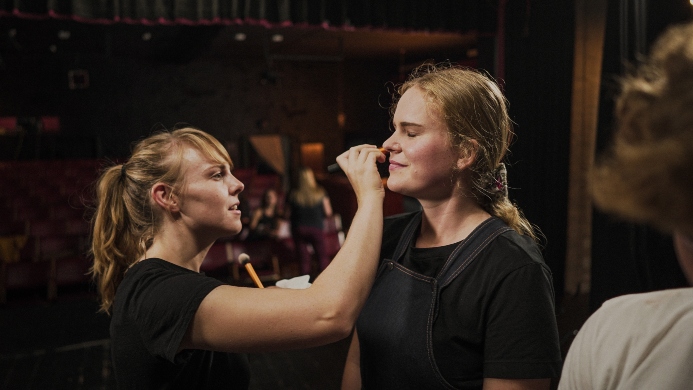
17 September 2020 - 13:32 BY Louw
Biggest Mistake Actors Make And How To Avoid It: Acting Defined
“Cut!” The director walks up to you. The “Oh, shit, oh, shit, oh, shit, what did I do wrong…” thought runs through your mind. “The director is coming to fire me…” The director: “Uhm… a little less, please.” She turns and walks back to her chair.
When you hear those words as a note, don’t let it become a negative voice changing those words into something completely different than what is actually meant. This means, you might be doing what every actor has done in their life, even if it was just during a rehearsal; you TRY to be real and honest. You are showing us what you feel or what thoughts are running through your head during the scene.
How do you keep yourself from falling in that trap? Listen. Trust. Respond. Yes, this sounds too simple to be useful in any way, but that is the contradiction; by doing nothing and just responding you achieve a truthful and complex performance. What the director actually was asking was to stop trying too hard and just trust yourself, you were cast in this role for a reason; the director trusts you and now it’s time to trust yourself.
All you basically have to do, as David Mamet says, is “look your co-actor in the eye and tell the truth.” That’s less and at the same time way more.
Ask yourself this: How do you define acting? Take a second and think about how you define what acting is, for you…
The best definition I ever came across which is practical, useful and simple is this: “to respond to stimuli in imaginary circumstances in an imaginative and dynamic manner that is stylistically true to time and place, so as to communicate ideas and emotions to an audience.” Tony Barr in Acting For The Camera.
This statement is practical; “respond to stimuli” is to truly listen by incorporating something like the Yellow Highlighter Technique when memorizing your lines to help you listen for “triggers/stimuli”; “imaginary circumstance” is the situation your character finds themselves in – find the Bottom-Line of the scene for your character; “in an imaginative and dynamic manner” is when you JUST respond to your “triggers/stimuli” and not TRY and show us how you respond; “that is stylistically true to time and place’ is your script analysis to find the “time and place” – the year 1980’s or “2030” and it’s 2 months after the death of your best friend and your sitting in her apartment right now; “so as to communicate ideas and emotions to an audience” is our primary goal and purpose as actors – serve the writer by finding your Bottom-line for this scene and story in whole, and by doing everything in your ability to get what your character wants/needs you’ll automatically communicate ideas and it will trigger the emotions within the audience.
IMPORTANT: permit yourself to stay simple and truthful, the audience has to do the other 50% by relating and “feeling”. Don’t take that away from your audience, each individual will “feel” and respond differently when watching your scene as we all have different perspectives and backgrounds, which impacts the way we perceive life.
So, avoid that “Uhm… a little less, please” note by listening, trusting and responding simply without trying to SHOW us how you respond instead say your lines the way your “trigger/stimulus” allows you to.
- Actors should be overheard, not listened to, and the audience is 50 percent of the performance. —Shirley Booth
How did you find the technique/tool/advice? Did it work for you? What was different this time? Share with the tribe and let’s keep on creating beautiful, honest and memorable performances. Let’s execute our best selves!
Kind regards
Edwin van der Walt
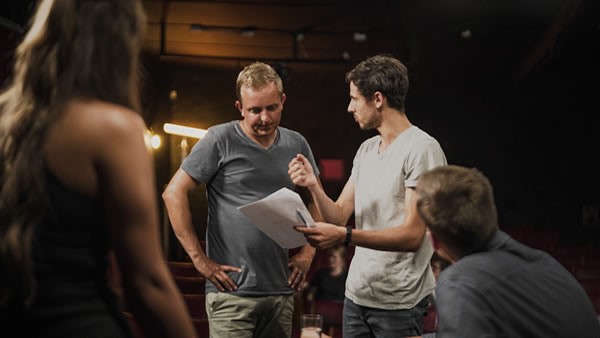
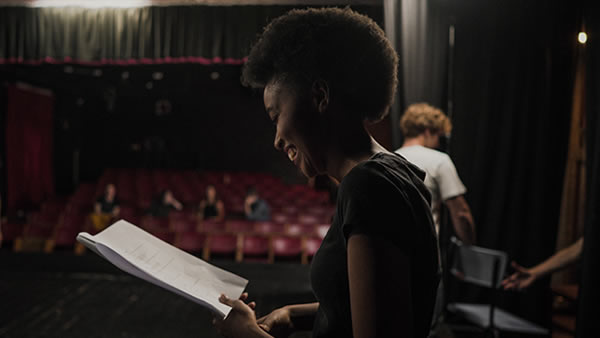



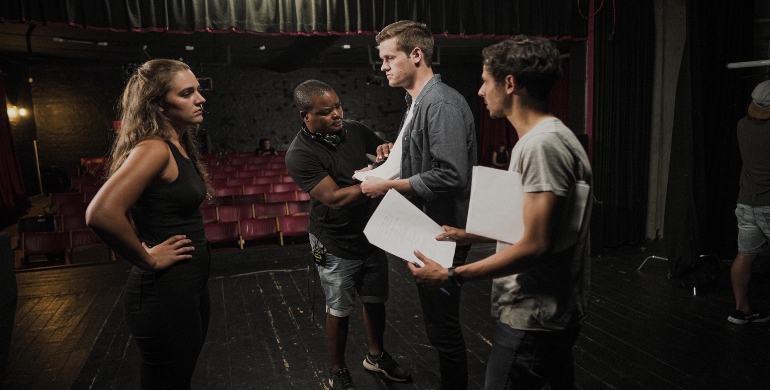



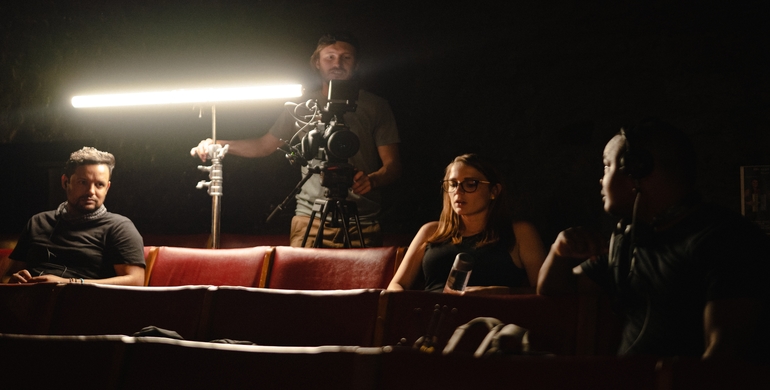
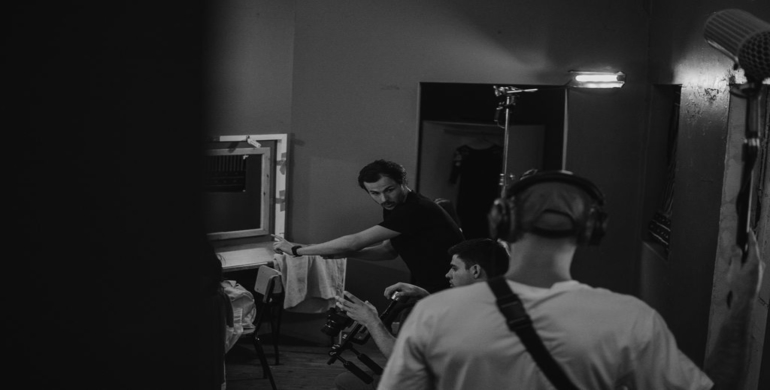
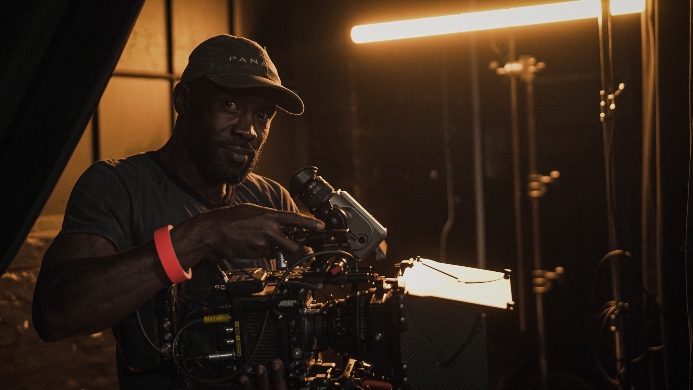

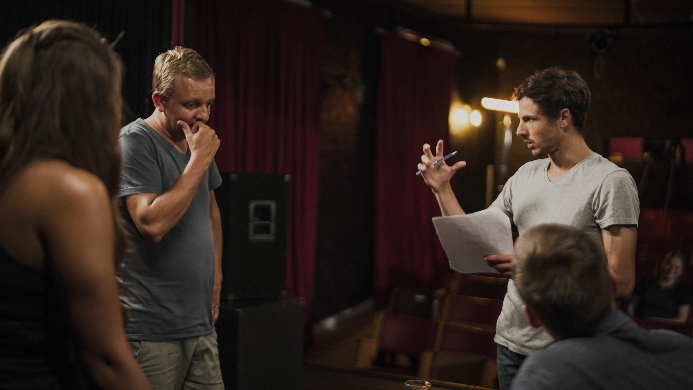

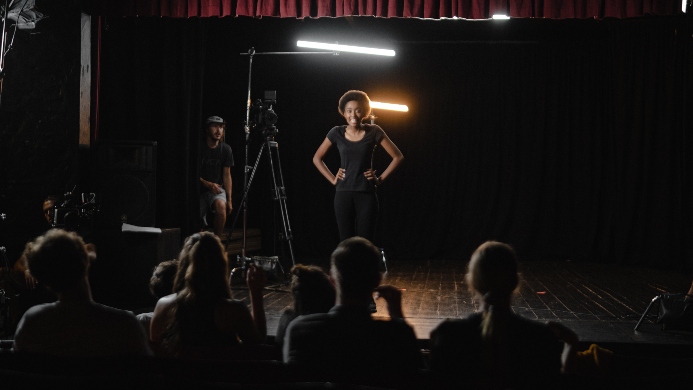
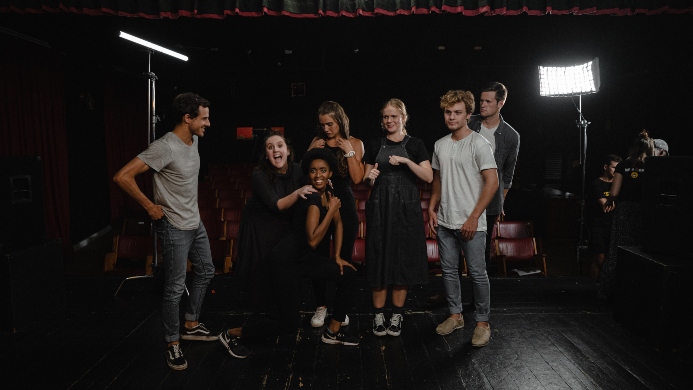
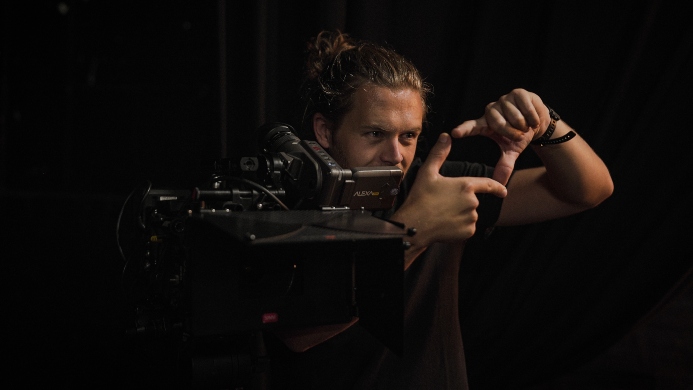
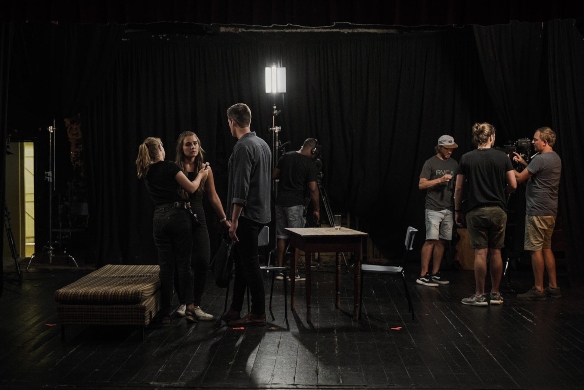

 1.jpg)
.jpg)
 (1).jpg)
 (1).jpg)
 (1).jpg)
 (1).jpg)
 (1).jpg)
 (1).jpg)
 (1).jpg)
 (1).jpg)
 (1).jpg)
 (1).jpg)
 (1).jpg)
 (1).jpg)
 (1).jpg)
 (1).jpg)
 (1).jpg)
 (1).jpg)
 (1).jpg)
 (1).jpg)
 (1).jpg)
 (1).jpg)
 (2).jpg)
 (1).jpg)
.jpg)
 (2).jpg)
 (1).jpg)
 (1).jpg)
 (1).jpg)
.jpg)
 (1).jpg)
 (1).jpg)